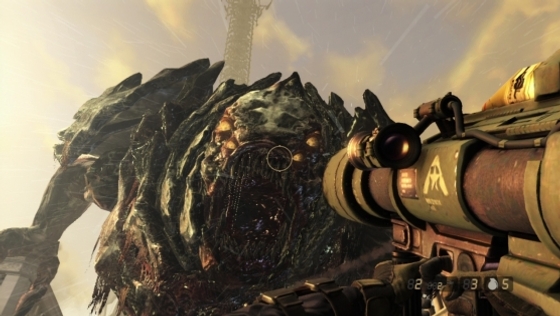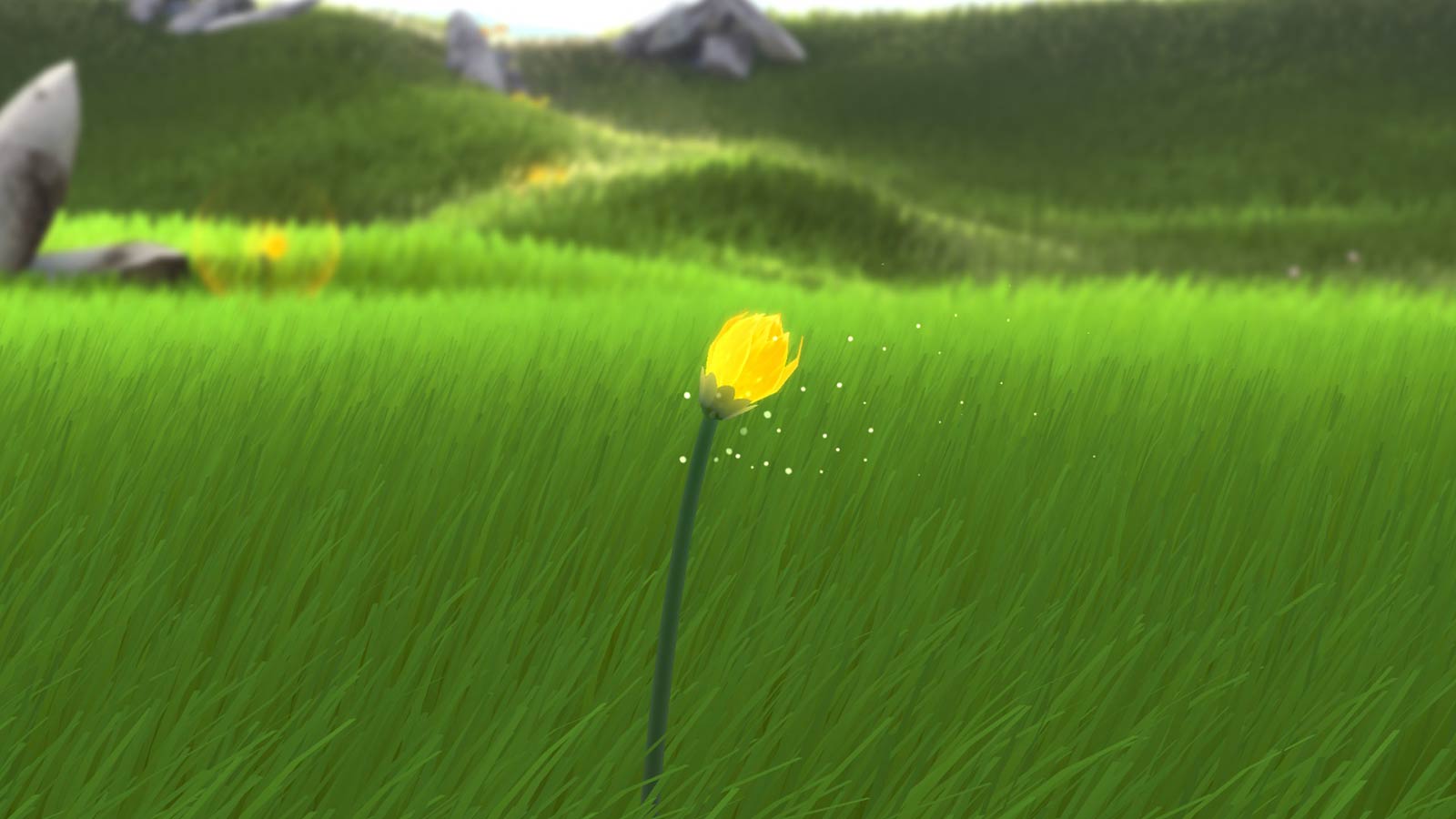About Best Ofs
This article is one of the “Best of Irrational Passions”, meaning it’s featured on our Best Of page. Along with it, we have both a full read-through of the article and a conversation about the article, the writing process, and where the author is with the piece. Give it a listen! And if that’s how you found this page, we hope you enjoyed!
Take a deep breath. Not in your your musty dorm room or your dim, abattoir of an apartment. Go outside and take a deep breath. That revitalizing buzz your brain is feeling is what happens when your lungs are filled with fresh air. Unless you’re packed tightly in sometimes sunless urban environments (sorry Beijing), the air is one of those natural phenomena of our planet that is equal parts greatly appreciated, and widely taken advantage of. Earth Day is our global attempt to make us aware of our lack of reverence for all of the tiny scientific miracles that keep us humans moving and shaking every day.
The tech industry is often looked at as the natural order of Earth’s antithesis; cold steel and plastic precision versus “dirt don’t hurt” organics. Many of industrialization’s biggest milestones were developed with the singular purpose of refusing natural limitations, allowing us to move faster than we normally could, communicate over vast distances, and even fly. But not every facet of the digital age has been so oppressively un-natural. For the most part, the video game industry loves Mother Earth, and our games often involve us saving it from doom, or simply basking in its wonder. Let me count the ways.
We Love Earth’s Natural Benevolence
Harvest Moon is a game about farming, maybe the most spiritual example of human/planet harmony. Making a living growing crops and raising livestock harkens back to a time when we used to be much more in tuned with where we got our food and how it was produced. The series has a cheerful, lighthearted focus on the terrestrial miracle of life, and has had a rich cult following since 96’. Gamers love gardening, especially when it involves little actual gardening.
Thatgamecompany is often making Earth’s elemental wonders not only a focal point in their games, but a primary game mechanic. Flow cast you as a microorganism, with the overarching goal to consume your peers and evolve up the food chain. Earth is still astounding, even on a cellular level. Flower made you the wind, letting you carry pedals over rolling plains towards the horizon, or through urban sprawl. Jenova Chen’s purpose with the game’s simple design was to make it easy to have an emotional response to nature’s wonder, or in some spots, lack thereof. Journey experiments with human isolation in Earth’s most treacherous and desolate areas, like vast deserts, deep oceans, and tall mountains. Every game in this spiritual trilogy paid particular focus to Earth’s built in beauty, by making you apart of it’s majesty.
We Defend Earth from Herself
 As much as games love Earth, there always seems to be something out there that doesn’t love our planet the same way we do. Many times, the threats to Earth come from within the planet itself. Though technically from space, the Chimera from the Resistance series remained mostly subterranean since their arrival to our planet hundreds of years prior. It was only during the Second World War that the aliens would make their presence known, and attempt to make both Earth and its inhabitants their own.
As much as games love Earth, there always seems to be something out there that doesn’t love our planet the same way we do. Many times, the threats to Earth come from within the planet itself. Though technically from space, the Chimera from the Resistance series remained mostly subterranean since their arrival to our planet hundreds of years prior. It was only during the Second World War that the aliens would make their presence known, and attempt to make both Earth and its inhabitants their own.
The Locust tried to take Earth from the inside out as well, but the thick-necked COGs from the Gears of War series weren’t having it. As there aren’t many moments to sit and really appreciate the prize for which we were fighting in those games, we always knew it was for the big, blue rock, and its potential to be more than just a husk for nutrients for alien teeth.
We Defend Earth from Her Haters
We don’t just give it to Earth-centric intruders. The spacefaring kind often underestimate the lengths we’ll go to keep Mother Earth safe. You think the Reapers in Mass Effect 3 expected humans to put up the fight they did against a fleet of the universe’s “reset button?” Harbinger should have thought a little harder about bringing the fight to us when it met Shepherd. Even when we left home for the Citadel, we knew there was no place like it. In a sci-fi world featuring a wide rainbow of aliens, Humans and Earth still remained a fascinating mystery to our galactic peers.
Even when space threats try to conquer us by less straight forward means, our love for the 3rd Rock steels our resolve. When a passing comet spelled potential doom for the planet in Illusion of Gaia, young Will and his friends (thanks to the guidance of the mysterious spirit, Gaia) traveled to Earth’s many old landmarks – the Egyptian Pyramids or Angkor Wat to name a few – to find a way to stop it. When the veil was lifted, and Gaia’s quest was revealed to be an elaborate plan to subvert us into destruction, we sent the evil comet rider packing.
Earth doesn’t always need our help though, as game developers have often chided. Final Fantasy VII teaches us that, with the right push, the planet will defend itself from utter tragedy. While simple evolution has been deemed the culprit of the cordyceps outbreak in The Last of Us, the may be an acceptable argument for Earth reacting for its own personal interests. Suddenly, cordyceps began to infect us, and plague would soon result, rendering us mindless and feral, unable to further drill or pollute the land. Earth’s pretty bad ass.
But gamers knew that already. Many of our favorite games involve saving it, or watching it save itself, or generally just taking in its wonders. We give respect and reverence where its due, and even if we don’t spend great deals of time in tents, fishing its lakes, or climbing its trees.







